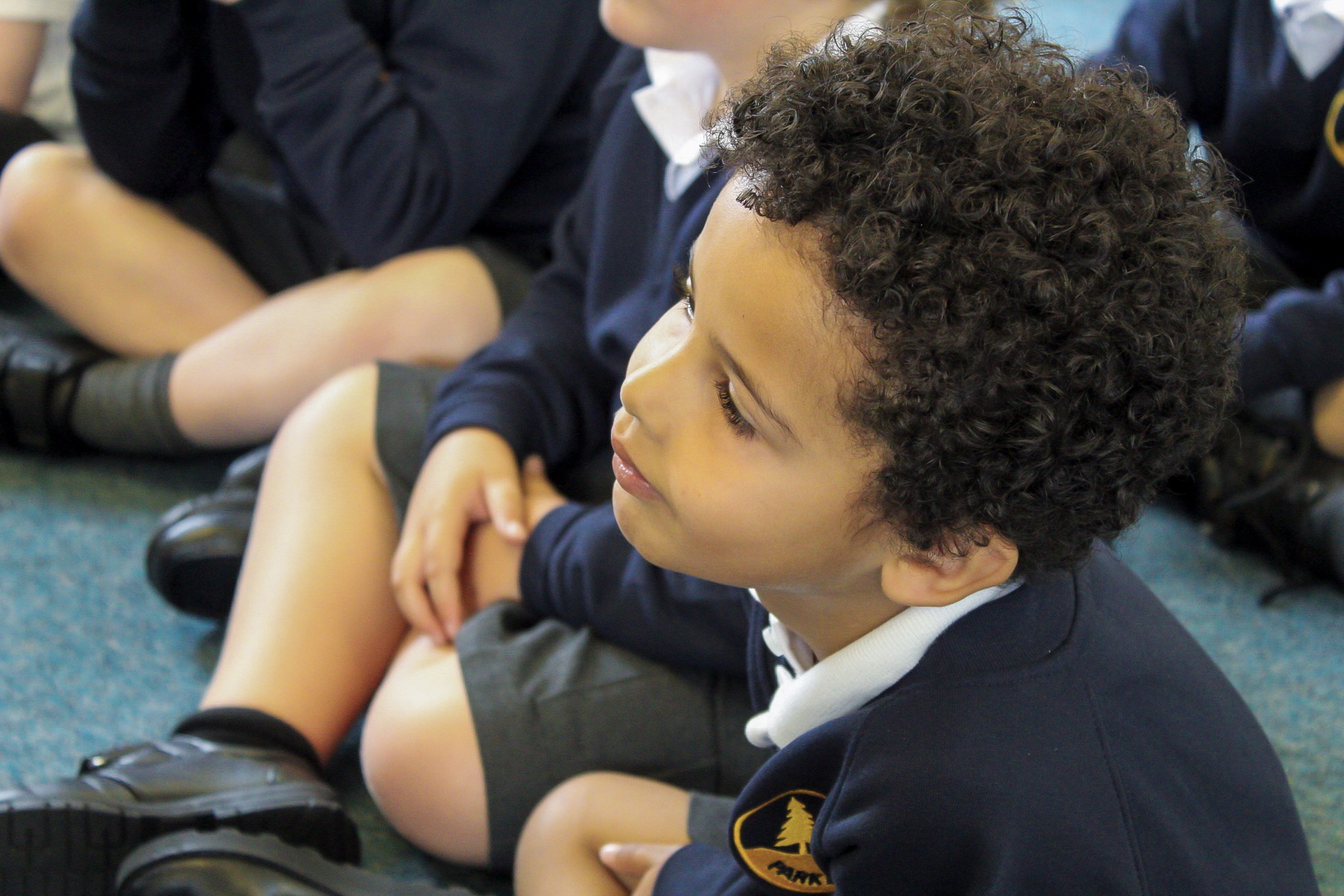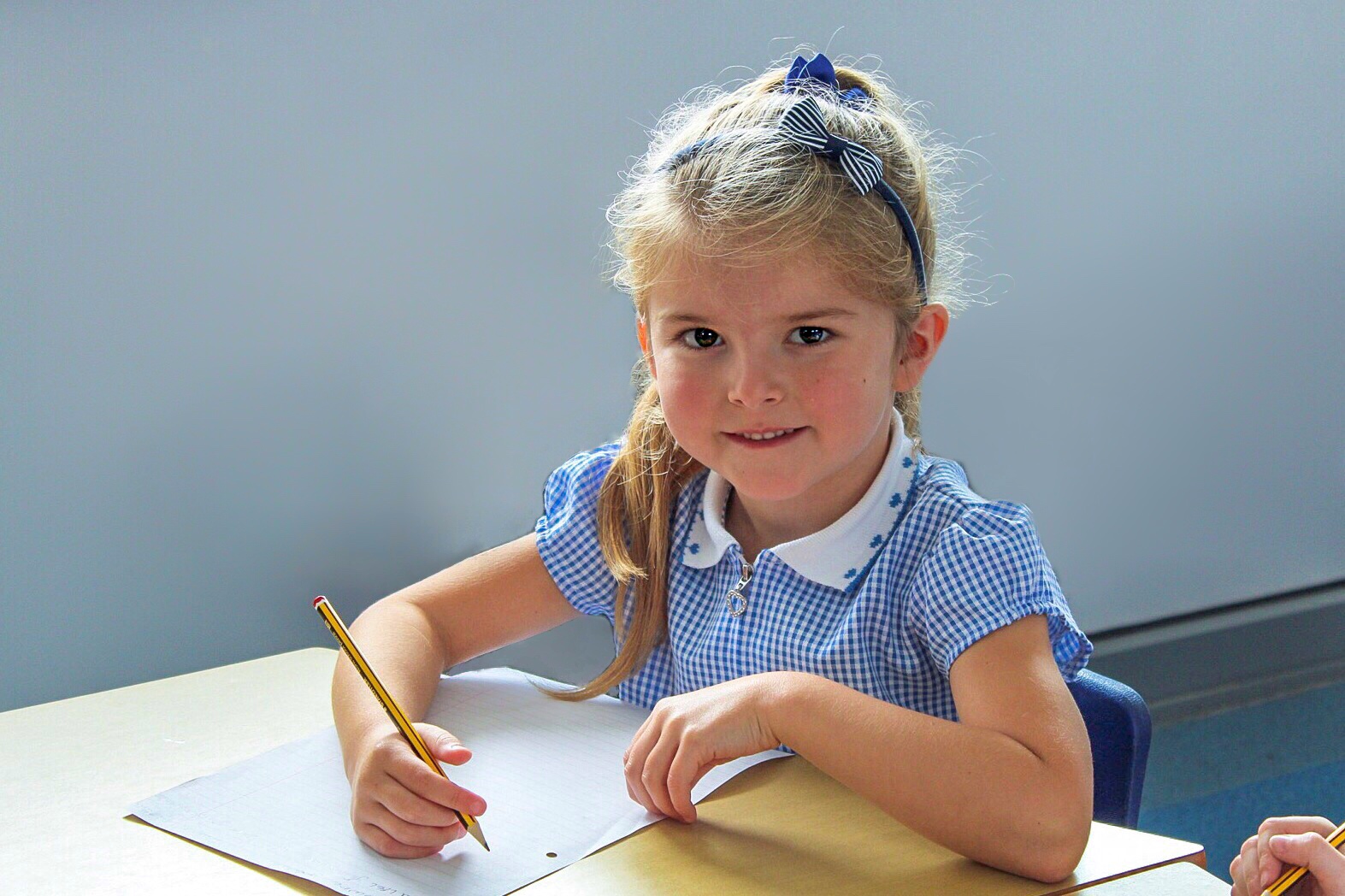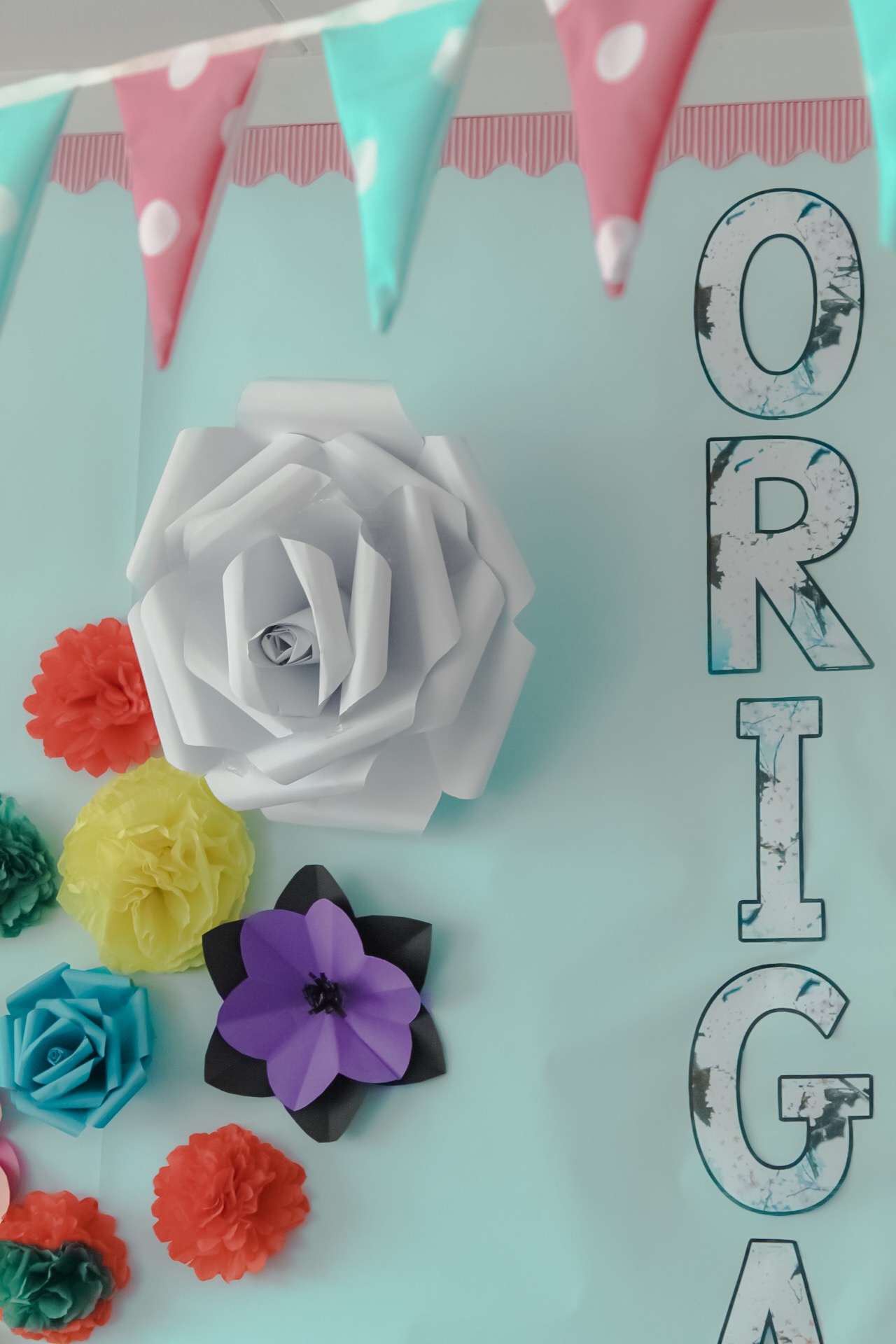Phase One
Fun • Creativity • Achievement
Phase One at Parklands Primary School
Phase 1 (Year 1 and 2)
Our Philosophy
At Parklands, we believe in creating a happy and stimulating start to a child’s school experience which will springboard them into a lifelong love of learning! As a phase we strongly believe in embedding a culture of curiosity and challenge in our children, enabling them to be engaged and motivated by their learning.
We offer a wide range of imaginative and creative experiences, allowing children to investigate and explore the environment around them as well as developing their fundamental key sills. Phase 1 is geared towards laying strong foundations from which aspirational and resilient learners can grow!
Phonics and reading is an integral part of Phase 1: alongside daily reading, phonics and class story time we have weekly open-door ‘Reading Cafe’ sessions on a Friday afternoon where parents, carers and family members can come and join their children in class to share their favourite stories.
Our innovative and enthusiastic team will enrich the education, cultural and social development of the children in our phase.
Should you have any questions or queries about Phase 1, or your child’s learning, please feel free to come in and speak to me.
Miss Ella Thompson
Phase 1 Leader
A day in Year 1
Each morning children have daily, whole-class phonics sessions followed by a handwriting session. Children will also take part in daily English and Maths lessons. The afternoons are filled with fun, creative learning, ensuring that the children are immersed in the topic of the term, allowing for a range of skills and points of interest to be explored and developed. Our children in Year One continue to build on their forest school learning one afternoon a fortnight with our Forest School Leader.
Phonics
At Parklands Primary School, we follow the ‘Essential Letters & Sounds’ phonics program. This scheme is broken down into 5 ‘Phases’ and each of these Phases is aimed to support reading and spelling at various stages of a child’s development.
- Phase 2, 3 & 4 are ideally completed during Reception.
- Phase 5 is the longest of all the Phases and should begin at the start of Year One.
- Extra phonics provision is given to those children who require additional support in meeting end of year national requirements.
The teaching of phonics begins as soon as the children join us in Reception and are settled into their new daily routine. We believe that to teach phonics in the most effective way, it should be taught as a whole-class, teacher-led group. Therefore, we alternate phonics and handwriting between each class, enabling us to utilise all adults effectively. We have found a rapid, quick-fire method of revising, learning and applying to be highly effective. This method is followed throughout Reception and Year 1. By the end of Year 1, we aim for all children to be working within phase 5 of ‘Essential letters and sounds’ ready for the phonics screening in the Summer Term.
Handwriting
In handwriting, children are taught to form both upper and lower case letters using the cursive script. Each letter is taught with an entry and exit stroke to support their transition to joined writing by the end of Year 2. The correct formation of letters is then encouraged and practised during their English lessons.
Reading
The children read with an adult weekly. We encourage the children to choose their own reading books each week to promote their enjoyment for reading: these books will be on the correct level for each child. Children will also have the opportunity for fortnightly library session to further extend their reading for pleasure! When reading, children will use their phonics knowledge to decode unknown words and discuss what they have read, finding evidence in the text to support their ideas. Children from Year 1 onwards will also take part in daily guided reading with a focus on comprehension skills, particularly inference-based questions.
Maths
In Maths, the children will cover a range of mathematical areas including number, calculation, shapes, measure and handling data. Our Maths sessions are very practical and children will have the opportunity to work both independently and with an adult. In each lesson, the children will work on mental maths skills which promote their understanding of number and provide an opportunity to discuss new mathematical vocabulary.
Early learning in number and calculation in Reception follows the Development Matters EYFS documentation, when children move into Year 1 the Maths curriculum is designed to build on progressively from the content and methods established in the Early Years Foundation Stage.
A day in Year 2
Each morning, the children start the day with purposeful morning learning. This can be English or Maths based, such as spellings, handwriting or times tables.
Mathematics
Maths at Parklands is all about building progressive understanding, and enabling children to be challenged appropriately. Every Monday, each class has an arithmetic session, which focuses on formal written methods, fractions, decimals and percentages. These sessions give the children a solid foundation in which to build on in other maths areas. From Tuesday to Friday, the Maths lessons are highly interactive: they start with a pacy, mental maths session, then the main part of the lesson involves the children approaching progressively challenging maths learning, scaffolding through a clear success criteria. Opportunities to assess and consolidate learning are built into the sessions ensuring that the children progress well during the lesson.
English
At Parklands, English sessions involve building both writing and reading skills. In Writing sessions, children study a text type to understand the features of a genre, before using and applying these skills within an exciting context, creating their own, developed pieces of writing.
In Reading sessions, the children have opportunity to build an understanding of the deeper meaning of a text during analysis lessons, and they then demonstrate these skills within their comprehension sessions. A variety of reading material is chosen to give the children an opportunity to build a wide and sophisticated vocabulary.
The children in Year 2 also have a weekly guided reading session, this involves the children looking at a variety of different texts in addition to purposeful independent activities around the books looked at.
The children in Year 2 are encouraged to read widely and they have a reading for pleasure book from the library, alongside their daily reading book, which is chosen to build stronger reading skills. At the end of each day, we read together from our class read, enjoying the chance to immerse ourselves in a story.
SPAG
Although punctuation and grammar are a feature of English lessons, the children in Year 2 also have a standalone spelling lesson once a week, where the children investigate spelling patterns. They also have a daily interactive punctuation and grammar lesson where they hone in on specific grammatical elements that they can then put to use within their English lesson.
Afternoons
During the afternoon, we immerse the children in their creative curriculum topic , where we give the children purposeful learning within a real context, with celebration days, visits and visitors an important part of the learning. We also have our PE and Games sessions in the afternoon.
“Built on the vision of ‘Fun, Creativity and Achievement,’ the staff and Governors of Parklands Primary School are committed to ensuring that each and every child is provided with an exceptional start.”
Tracey Coles, Principal, Parklands Primary School






